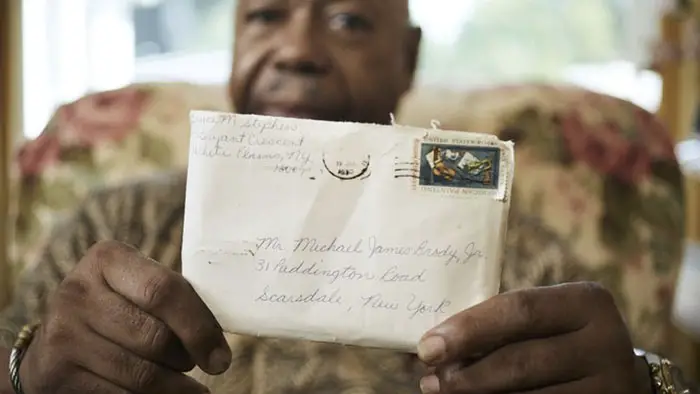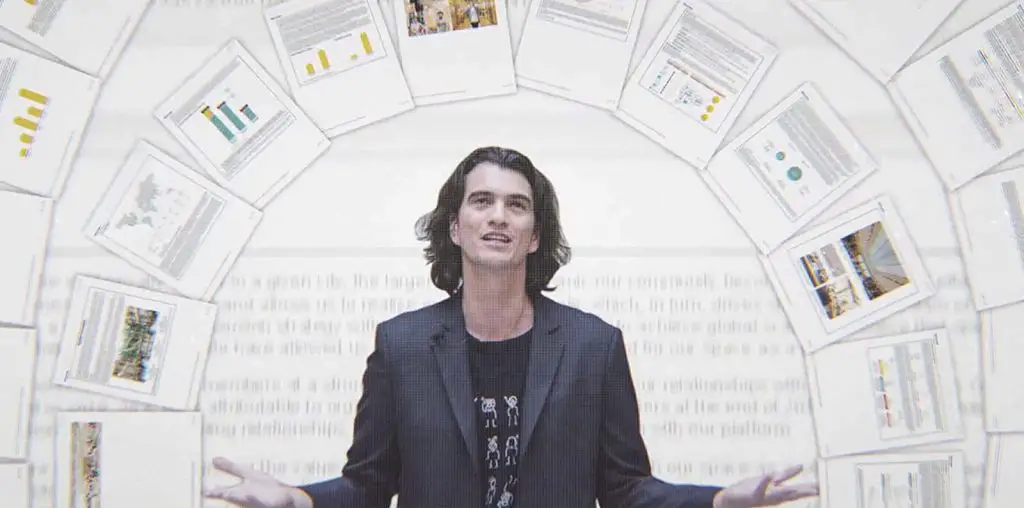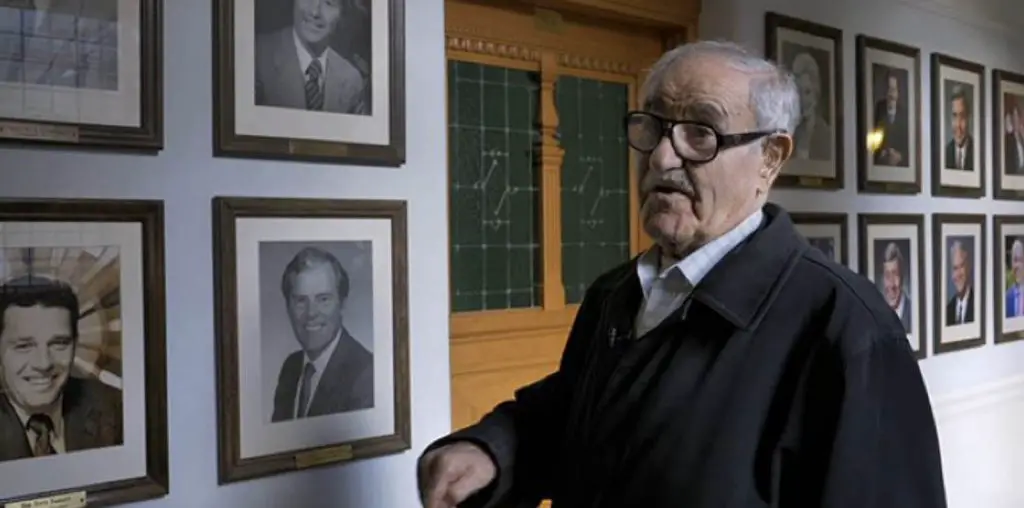
NEW TO DISCOVERY+! There’s a fine line between being misguided and being a con-man. Keith Maitland’s documentary, Dear Mr. Brody, is the story of a man who was one of those two things. The question of whether he was an unrealistic dreamer or a heartless attention-seeker is the core of the film.
In January 1970, the 21-year-old heir to the Oleo Margarine empire, Michael Brody Jr., announced that he would give away his $24 million inheritance to anyone in need. Almost immediately, he was flooded by thousands of letters asking for help. The next day his office was swarmed by desperate individuals hoping to speak with Brody directly. He was so overwhelmed by the response that he backed away from the public and turned into a recluse. Brody and his new wife became instant celebrities, and just as quickly, they became pariahs.
Cut to today, Melissa Robyn Glassman, assistant to famed film producer Ed Pressman, stumbled upon several large boxes filled with thousands of letters written to Michael Brody. They were in Pressman’s possession as he was trying to put together a film deal with Brody. Glassman took it upon herself to open and organize all the letters and not only investigate Brody’s story but try to connect with people who hoped Brody would help them out.
Glassman locates many of those who sent letters requesting help to Brody and has them read their requests for the documentary. She also employs actors to recreate a few flashback moments. These moments are touching but sometimes feel overly produced, which can come across as disingenuous.

“…Michael Brody Jr. announced that he would give away his $24 million inheritance to anyone in need.”
Dear Mr. Brody shifts back and forth between Brody and the stories of those who sent him letters. Glassman found over 20,000 letters in Pressman’s collection. Brody’s only child had more boxes of letters, and the post office wound up destroying even more letters when Brody’s team could not handle the volume of mail they were receiving.
When it comes to Brody, I kept asking myself the question I posed at the beginning of the review — misguided or con-man? The documentary doesn’t definitively say but appears to lean toward misguided. Brody never took anything from the public except for their valuable time, and his worst misdeed was giving desperate people false hope. Yes, Brody had a lot of money, but was it $24 million? Was there more money, as he claimed? Was it anything? Or was Brody doing all of this for the fame, notoriety, or a record deal with a company he funded?
I found Brody’s story fascinating, along with the real stories of people believing he could help. The sad part of Brody’s scheme is that only a tiny percentage of the letters were ever opened and read. The requests of the vast majority went unheard. But Brody did send checks to many who asked for help… but the recipients found that the checks bounced.
Dear Mr. Brody is my kind of documentary, in that it’s a deep dive into human nature. On one side, you have a man who wants to give away his riches, and on the other, the mass of humanity desperate to take advantage of that kindness — both for honorable and dishonorable reasons. Maitland elegantly maneuvers through both sides as he envelops the audience into the intriguing story.
Dear Mr. Brody screened at the 2021 SXSW Film Festival.

"…there’s a fine line between being misguided and being a con-man."


